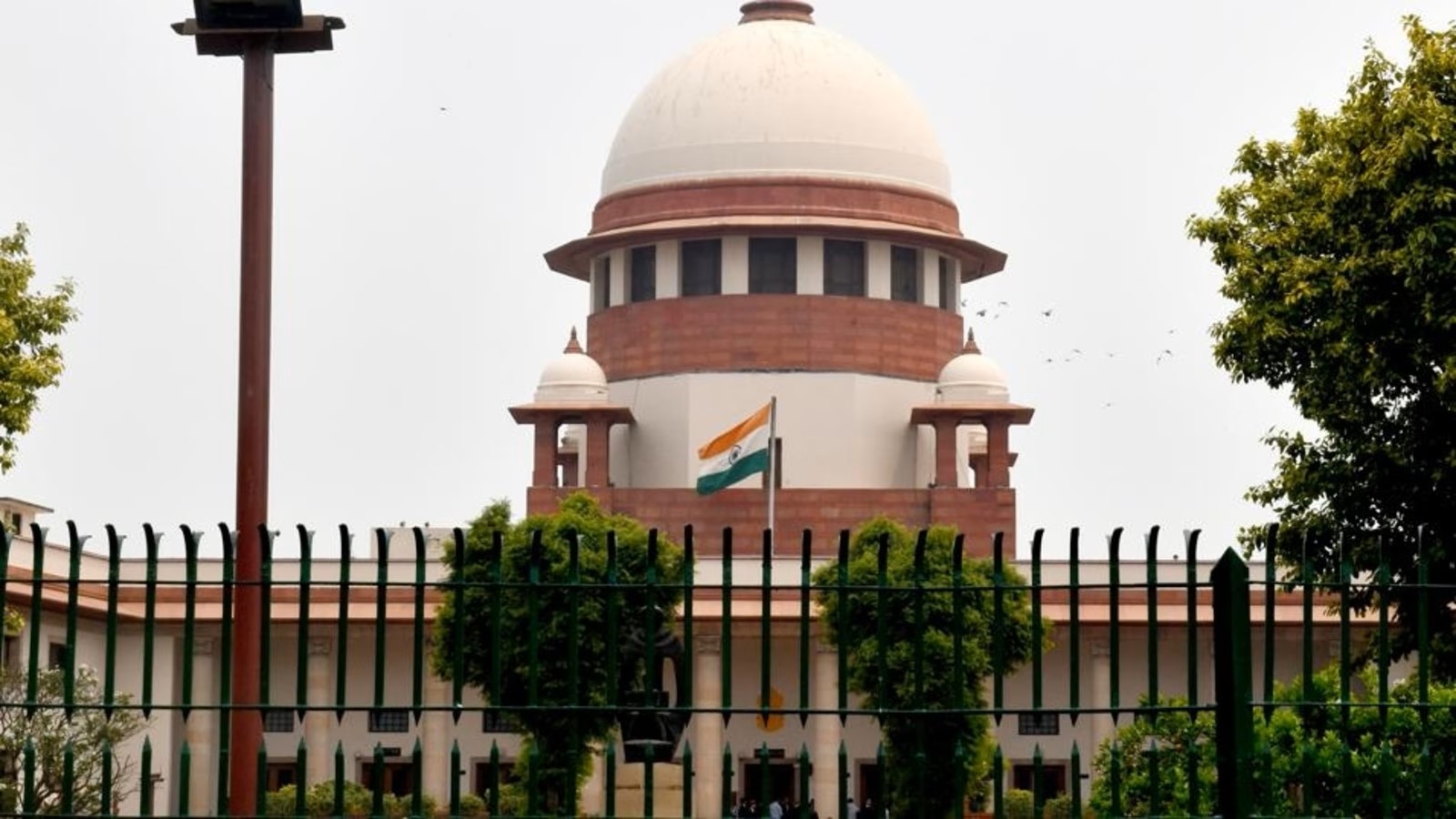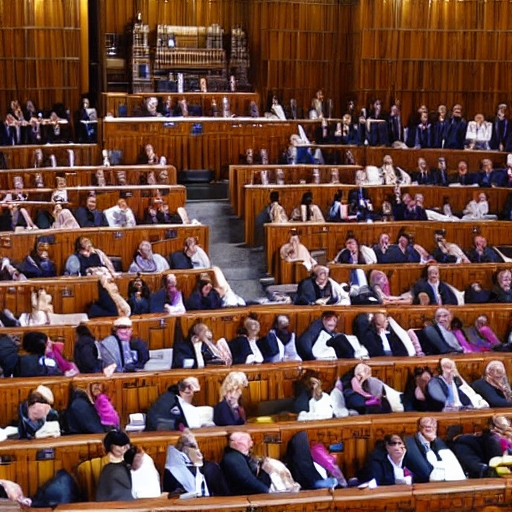India’s Supreme Court, with the stroke of a pen, has rewritten the script on political funding, triggering a seismic shift in the nation’s political landscape. The unanimous verdict declaring electoral bonds “unconstitutional” isn’t just a legal pronouncement; it’s a potent symbol of transparency’s triumph over opaqueness, raising the curtain on a system shrouded in secrecy for the past seven years. This watershed moment holds immense significance, not just for the upcoming general election, but for the very fabric of Indian democracy.
 Before 2017, cash donations fueled election campaigns, breeding concerns about “black money” and undue influence. Electoral bonds, introduced as a solution, promised anonymity and tax benefits to donors. However, the system quickly morphed into a breeding ground for suspicion. Critics, including the opposition and activists, argued that the lack of transparency facilitated clandestine financial transactions, creating fertile ground for quid pro quo arrangements and eroding the fundamental right to information, the lifeblood of a fair and representative democracy.
Before 2017, cash donations fueled election campaigns, breeding concerns about “black money” and undue influence. Electoral bonds, introduced as a solution, promised anonymity and tax benefits to donors. However, the system quickly morphed into a breeding ground for suspicion. Critics, including the opposition and activists, argued that the lack of transparency facilitated clandestine financial transactions, creating fertile ground for quid pro quo arrangements and eroding the fundamental right to information, the lifeblood of a fair and representative democracy.
The five-judge bench, led by Chief Justice D.Y. Chandrachud, delivered a resounding blow to these opaque practices. Deeming the system “unconstitutional” on multiple grounds, including the lack of transparency, potential misuse of anonymous donations, and violation of the right to information, the court upheld the principles of transparency and accountability. This verdict empowers voters with crucial information regarding their representatives’ financial backers, enabling them to make informed choices at the ballot box. An informed electorate is a powerful electorate, and this verdict paves the way for holding politicians accountable for their actions, fostering a more level playing field in the political arena.
The court’s pronouncement sends shockwaves through the political system, with far-reaching implications:
- Transparency Triumphant: Increased transparency around political funding is an undeniable win. Voters can now demand answers, hold politicians accountable, and make informed choices based on previously shrouded information. This empowers the electorate and promotes a more level playing field for all players.
- Curbing “Black Money”: The verdict’s immediate impact on eliminating “black money” remains to be seen. However, it undeniably throws a wrench in the system that facilitated anonymous donations, potentially reducing their influence and levelling the playing field for those playing by the rules. This could pave the way for a more equitable and just political landscape, where policies are driven by public good rather than hidden agendas.
- Uncertainties for the BJP: As the biggest beneficiary of the electoral bond system, the BJP might face challenges in garnering funds under the new limitations. This could necessitate exploring alternative, transparent fundraising methods while navigating the evolving regulatory landscape. The party’s ability to adapt and innovate in this new environment will be crucial in the upcoming elections.
While the verdict sparks optimism, several key considerations demand attention:
- Implementation Challenges: Effectively implementing the court’s orders regarding past donations could prove challenging, with concerns regarding data retrieval, confidentiality, and potential legal battles. Navigating these complexities will be crucial in ensuring the spirit of the verdict is upheld.
- Evolving Regulatory Landscape: The verdict reignites the debate on comprehensive campaign finance reform in India. Further legislative measures and stricter enforcement mechanisms might be necessary to ensure complete transparency and prevent circumventing the spirit of the ruling. Sustained vigilance and public pressure will be crucial in driving these reforms forward.
- Sustained Scrutiny and Public Engagement: The Supreme Court’s judgment is not an end in itself, but rather a springboard for broader systemic change. Building a sustainable culture of transparency requires sustained public engagement, active scrutiny of political funding practices, and a firm commitment from all stakeholders – media, political parties, and civil society – to uphold the principles enshrined in the verdict.
The Supreme Court’s verdict stands as a pivotal moment in India’s democratic journey. It lays bare the vulnerabilities of opaque funding practices and underscores the fundamental importance of transparency in safeguarding a fair and representative system. While uncertainties and challenges lie ahead, the verdict presents a unique opportunity to:
- Strengthen democratic institutions: By empowering the electorate with information and fostering accountability, the verdict strengthens the foundations of Indian democracy.
- Rekindle public trust: Increased transparency can help rebuild public trust in political institutions, which have been eroded by concerns about undue influence and lack of accountability.
- Fuel meaningful discourse: An informed citizenry can engage in more meaningful political discourse, holding their representatives accountable and demanding policies that align with the public good.




